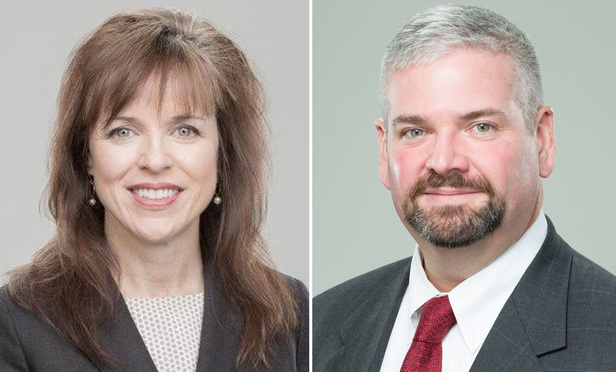Earlier this month, the Court of Appeals applied a pre-digital age law to digital age technology and addressed the question of whether intellectual property such as computer source code becomes “tangible” when it is saved to a computer hard drive. In the well-publicized case of People v. Aleynikov, the court upheld the conviction of former Goldman Sachs computer programmer Sergey Aleynikov for unlawful use of secret scientific material in a unanimous opinion written by Judge Eugene M. Fahey.
Background
The defendant worked on high-frequency trading software at Goldman Sachs. This software and its attendant infrastructure helped provide the firm a competitive advantage in trading. Defendant signed a confidentiality agreement acknowledging that any software he created was the property of Goldman Sachs and that defendant was prohibited from removing a copy of the software source code from the firm’s network. In the Spring of 2009, defendant accepted a job offer from a Chicago-area startup that planned to develop its own high-frequency trading infrastructure and software. Defendant was hired to be the “head of infrastructure” and “the system architect” at a salary that was three times what he had made at Goldman Sachs.


 Lynn K. Neuner and William T. Russell Jr.
Lynn K. Neuner and William T. Russell Jr.
